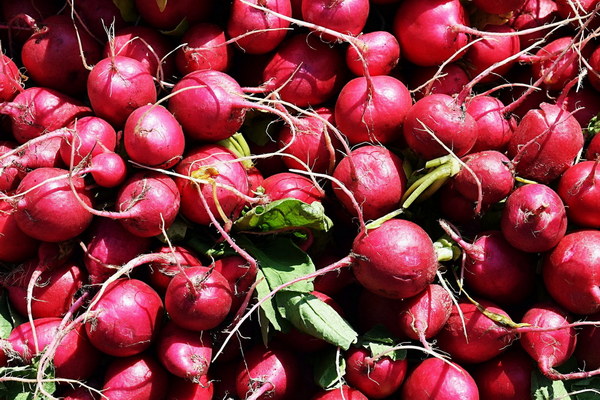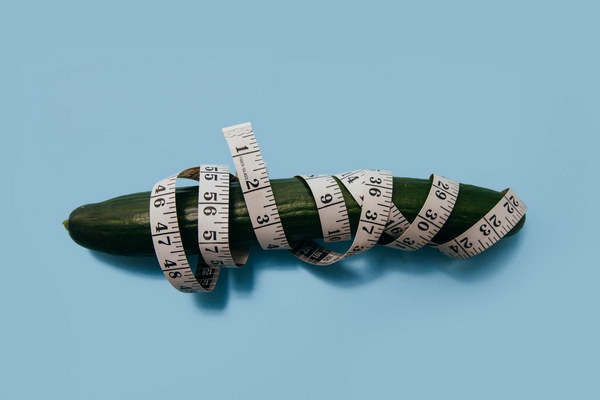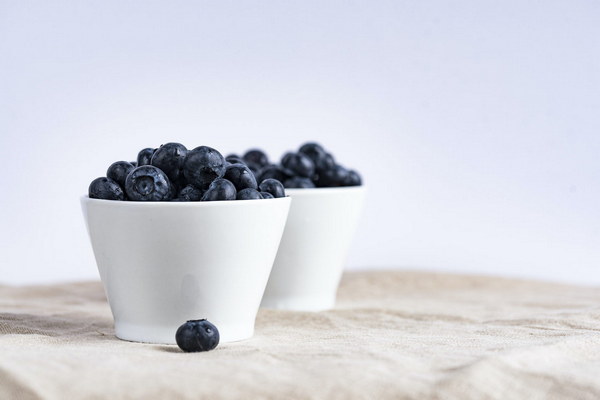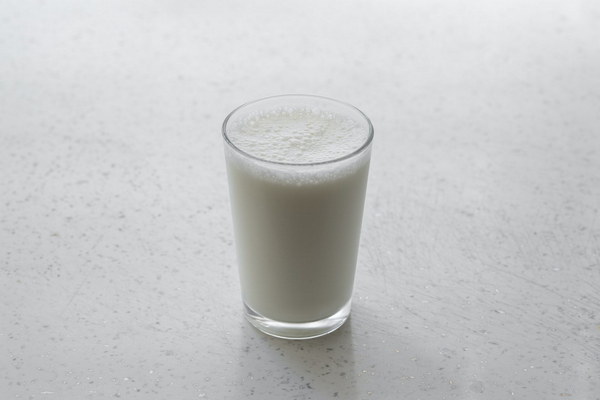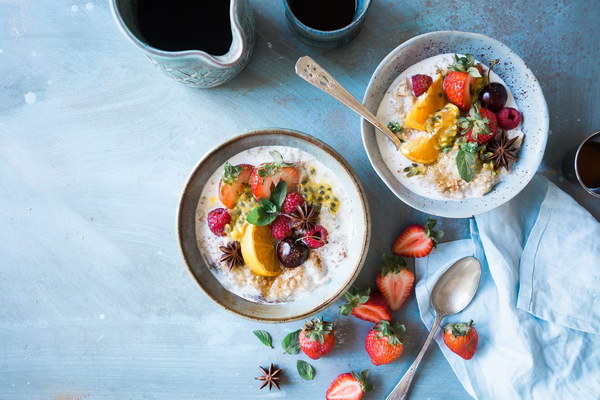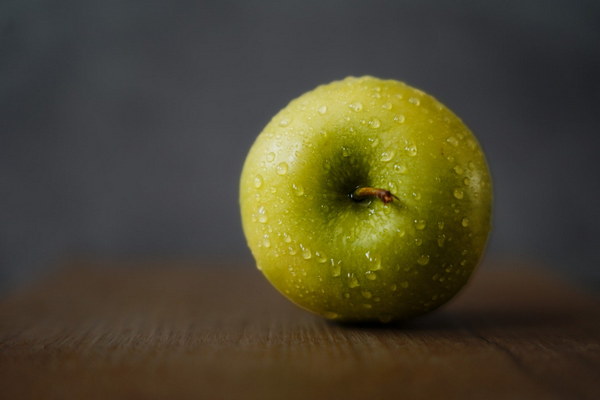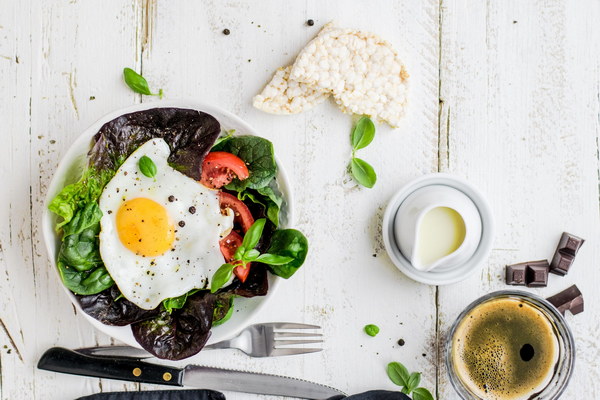Nourishing Your Stomach Dietary Recommendations for Healing Ulcerative Gastritis
Ulcerative gastritis is a condition characterized by the inflammation and erosion of the stomach lining, leading to discomfort and pain. This condition requires careful dietary management to help alleviate symptoms and promote healing. In this article, we will discuss various dietary recommendations that can help nourish your stomach and support the healing process for individuals with ulcerative gastritis.
1. Eat Small, Frequent Meals
One of the most important aspects of managing ulcerative gastritis is to eat small, frequent meals throughout the day. This approach helps to reduce the pressure on the stomach and prevent overeating, which can exacerbate symptoms. Aim to have three main meals and two to three snacks daily, ensuring that each meal is well-balanced and easy to digest.
2. Choose Easy-to-Digest Foods
It is crucial to select foods that are gentle on the stomach and easy to digest. Opt for soft, cooked vegetables, such as carrots, green beans, and zucchini. These can be prepared by steaming or boiling to retain their nutrients while making them easier on the stomach. Additionally, consider incorporating well-cooked grains like rice, quinoa, or oatmeal into your diet.
3. Avoid Spicy, Acidic, and Greasy Foods
Spicy, acidic, and greasy foods can irritate the stomach lining and worsen symptoms of ulcerative gastritis. It is best to avoid these types of foods, such as chili peppers, citrus fruits, tomato sauce, and fried foods. Instead, opt for mild flavors and cooking methods like grilling, baking, or roasting.
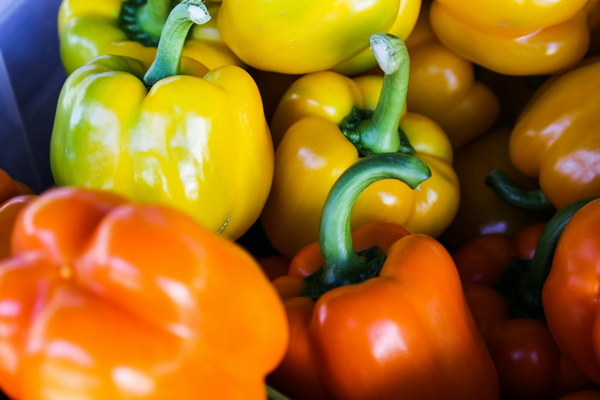
4. Incorporate Probiotics
Probiotics are beneficial bacteria that can help maintain a healthy balance of gut flora. Including probiotic-rich foods in your diet can support the healing process of ulcerative gastritis. Foods high in probiotics include yogurt, kefir, sauerkraut, kimchi, and miso. However, ensure that you consume these foods in moderation, as excessive intake may lead to discomfort.
5. Stay Hydrated
Drinking plenty of fluids is essential for maintaining stomach health. Water is the best choice, but you can also consume herbal teas, broths, and clear vegetable juices. Avoid carbonated beverages, alcohol, and caffeine, as these can irritate the stomach lining.
6. Include Nutrient-Rich Foods
A well-balanced diet that includes a variety of nutrients is essential for healing ulcerative gastritis. Incorporate lean proteins such as chicken, turkey, and fish, as well as fruits and vegetables rich in vitamins, minerals, and antioxidants. These nutrients can help boost the immune system and support the healing process.
7. Avoid Certain Foods and Substances
It is important to identify and avoid any specific foods or substances that trigger your symptoms. Common triggers include dairy products, gluten, caffeine, alcohol, and nicotine. Keeping a food diary can help you identify these triggers and make necessary adjustments to your diet.
8. Practice Mindful Eating
Mindful eating involves being fully present and attentive while eating. This approach can help reduce stress and improve digestion. Take your time to chew thoroughly, savor the flavors, and enjoy your meals without distractions.
In conclusion, managing ulcerative gastritis through diet requires a combination of dietary adjustments, mindful eating, and lifestyle changes. By following these recommendations, you can nourish your stomach, alleviate symptoms, and support the healing process. Remember to consult with a healthcare professional for personalized advice and guidance tailored to your specific needs.
